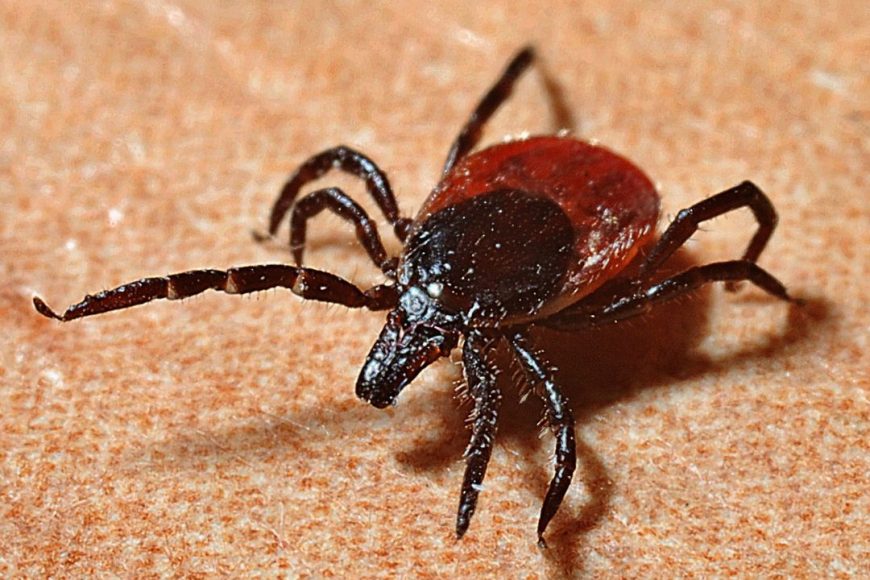Fill out the form below and a Cypress Creek representative will be in touch with you about your pest control needs.
BLOG

Tick Prevention: How to Keep Yourself and Your Pets Safe
Ticks are small, blood-sucking parasites that can cause serious health problems for both humans and animals. They are commonly found in wooded areas, tall grasses, and shrubs. Ticks can carry a range of diseases, including Lyme disease, Rocky Mountain spotted fever, and tick-borne encephalitis. In this article, we will discuss effective tick prevention strategies that you can use to keep yourself and your pets safe.
- Wear Protective Clothing
Wearing protective clothing is one of the simplest and most effective ways to prevent tick bites. When going outside, wear long pants, long sleeves, and closed-toe shoes. Tuck your pants into your socks and your shirt into your pants. This will create a barrier between your skin and any ticks that may be present.
- Use Tick Repellent
Tick repellent is a chemical spray or lotion that is applied to the skin or clothing. It works by masking the scent of the person or animal, making it harder for ticks to detect and latch onto their host. There are many different types of tick repellents available, so be sure to read the label and choose one that is safe for your skin and effective against ticks.
- Check for Ticks
After spending time outside, check yourself, your children, and your pets for ticks. Ticks are most commonly found on the scalp, neck, armpits, groin, and behind the knees. If you find a tick, remove it promptly using tweezers or a tick removal tool. Be sure to clean the bite area with soap and water or rubbing alcohol.
- Keep Your Lawn Tidy
Ticks love tall grass and shrubs, so keeping your lawn tidy is an effective way to reduce their numbers. Mow your lawn regularly, trim your shrubs, and remove any leaf litter or debris from your yard. This will create a less hospitable environment for ticks and reduce the risk of tick bites.
- Treat Your Pets
Ticks love to hitch a ride on pets and can quickly infest your home. Make sure to treat your pets with tick prevention medication, such as a flea and tick collar, spot-on treatment, or oral medication. Consult your veterinarian to determine the best tick prevention strategy for your pet.
In conclusion, tick prevention is essential for keeping yourself and your pets safe from tick-borne diseases. By following these simple tips, you can reduce your risk of tick bites and enjoy the outdoors with peace of mind. Remember to wear protective clothing, use tick repellent, check for ticks, keep your lawn tidy, and treat your pets. For more information on tech, web, and gaming topics, check out WebTechTips.co.uk.
FAQs:
Q: What is a tick? A: A tick is a small, blood-sucking parasite that can carry a range of diseases.
Q: Where are ticks commonly found? A: Ticks are commonly found in wooded areas, tall grasses, and shrubs.
Q: What diseases can ticks transmit? A: Ticks can transmit a range of diseases, including Lyme disease, Rocky Mountain spotted fever, and tick-borne encephalitis.
Q: How can I prevent tick bites? A: You can prevent tick bites by wearing protective clothing, using tick repellent, checking for ticks, keeping your lawn tidy, and treating your pets.
Q: What should I do if I find a tick? A: If you find a tick, remove it promptly using tweezers or a tick removal tool. Be sure to clean the bite area with soap and water or rubbing alcohol.

